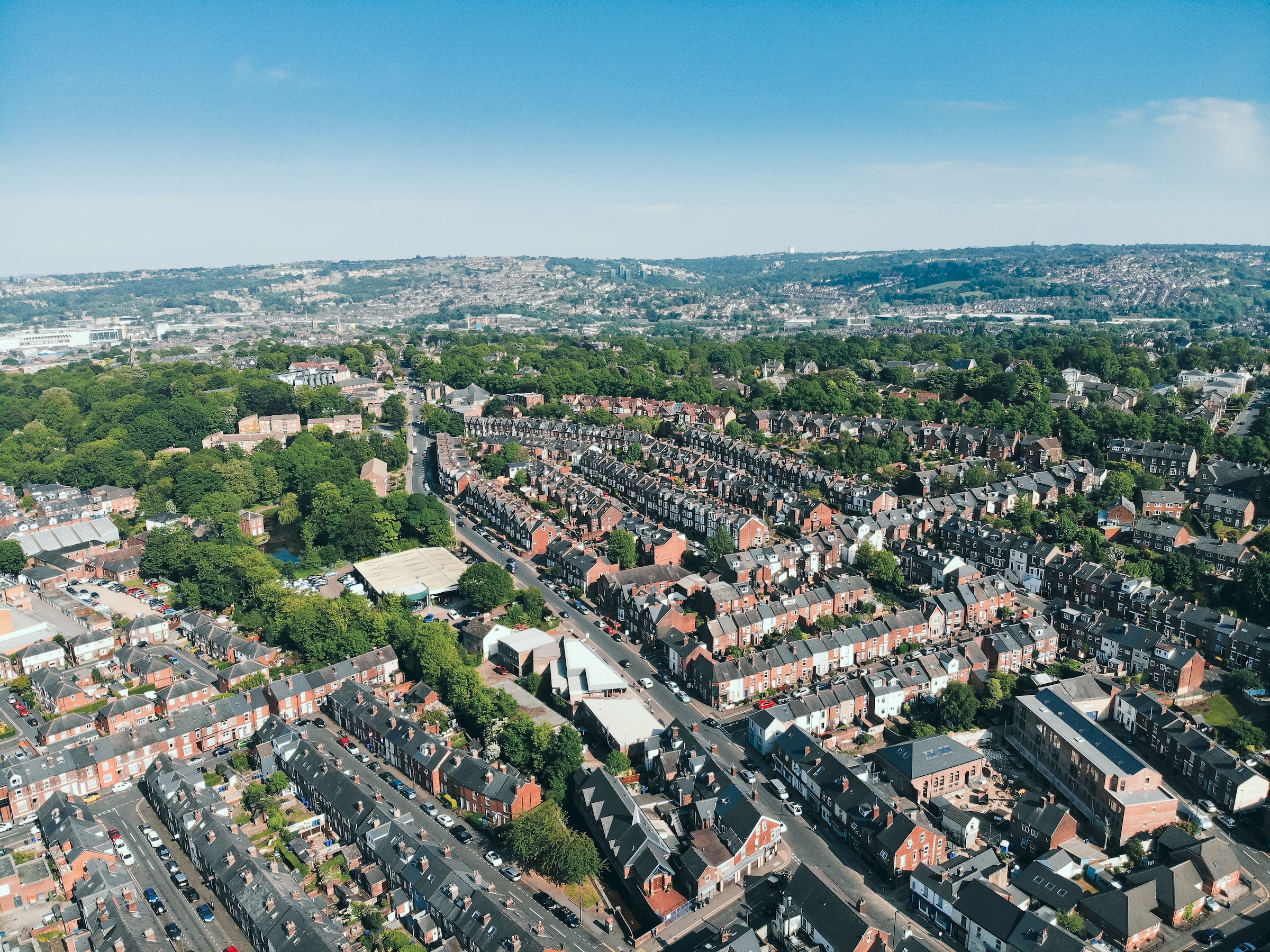£60M to Help Transform Brownfield Land into 6,000 Homes

More than 6,000 new homes will be built on brownfield sites around the UK as part of a long-term plan to tackle the housing crisis.
Across the country, nearly 100 regeneration projects will receive £60 million from the Department for Levelling Up, Housing and Communities.
The investment is part of the second phase of the £180 million Brownfield Land Release Fund, with money going directly to councils so that they can release the land and begin building as soon as possible.
A brownfield-first approach is part of the UK Government’s plans
It will see derelict car parks, industrial sites and town centre buildings that have fallen into disrepair benefit from the new funding.
The UK Government has made it clear that it has a brownfield-first approach to building the homes that the country needs through its long-term plan for housing.
Minister for Housing and Planning, Rachel Maclean MP explained that this funding to support councils to bring land back into use will help to deliver this.
She said: “We know we need to build more homes, but this cannot come at the expense of concreting over our precious countryside. That is why we are doing all we can to make sure we’re making use of wasteland and unused brownfield land, so we can turn these eyesores into beautiful and thriving communities.”
This is all part of our long-term plan for housing – making sure we deliver the homes we need across the country.
Newcastle, Hull, and Sunderland are some of the places to receive funding
The projects that will benefit from the scheme include £1.82 million to boost wider regeneration in Newcastle.
It will see the release of a complex site to deliver 146 build-to-rent homes for communities in Benwell and Scotswood.
In Hull, 99 new homes for affordable rent will be delivered on the site of a derelict school. This will be backed by £980,000 UK Government funding as part of the city centre regeneration.
Another one of the projects includes one in Sunderland, which will see a former riverside industrial site that has been unused for over 20 years turn into 140 low-carbon build-to-rent homes at Farringdon Row. Sunderland Council is providing £1.8 million to kick-start the project.
Cabinet Office Minister, Alex Burghart MP, highlighted that seeing these projects be fulfilled will be essential to boosting the local economy: “This funding will unleash the much-needed redevelopment of brownfield sites: stimulating growth and helping local areas reach their full potential.
“It’s fantastic news for business, and even better news for local people who will now see new investment, job opportunities, and family homes in their communities.”
Funding is needed to support councils to meet their housing need
This scheme builds on the success of the first round of the Brownfield Land Release Fund 2, where funding is enabling the release of land for almost 2,400 homes.
To date, the fund is supporting at least 89 local authorities, over 160 projects, and providing almost £100 million to support councils to release land for almost 8,600 homes.
At the same time, the £1 billion Brownfield, Infrastructure and Land Fund will unlock up to 65,000 new homes across England.
The government has revealed that the next round of funding through the Brownfield Land Release Fund 2 will be announced later this year.
On how key this funding is, Councillor Shaun Davies, Chair of the Local Government Association, expressed that in order to deliver the homes that people desperately need, this funding is critical.
He said: “We are delighted to continue our work with DLUHC, supporting councils to access the Brownfield Land Release Fund.
“Councils have continued to embrace opportunities to bring brownfield sites in their ownership forward for housing, and this fund plays a key role in helping councils to provide the types of homes their communities really need.”
It is part of the government’s long-term plan for housing, setting out how it will deliver its manifesto commitment of 1 million homes over this Parliament. This is backed by £10 million in housing supply interventions announced over this Parliament.

